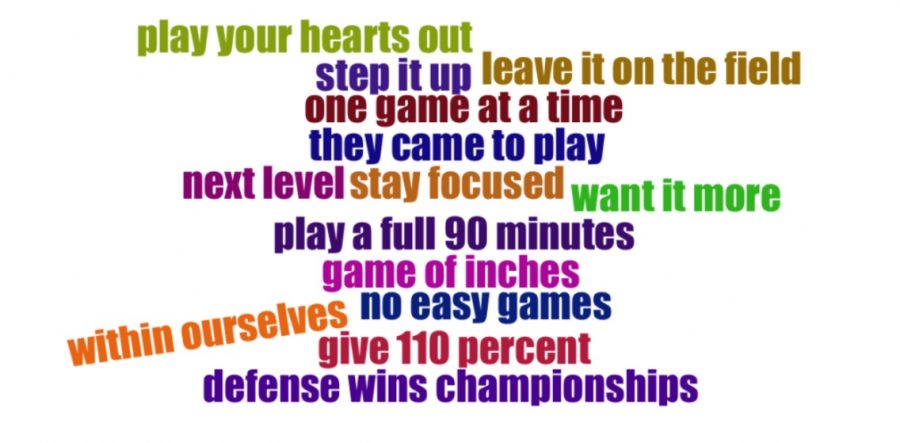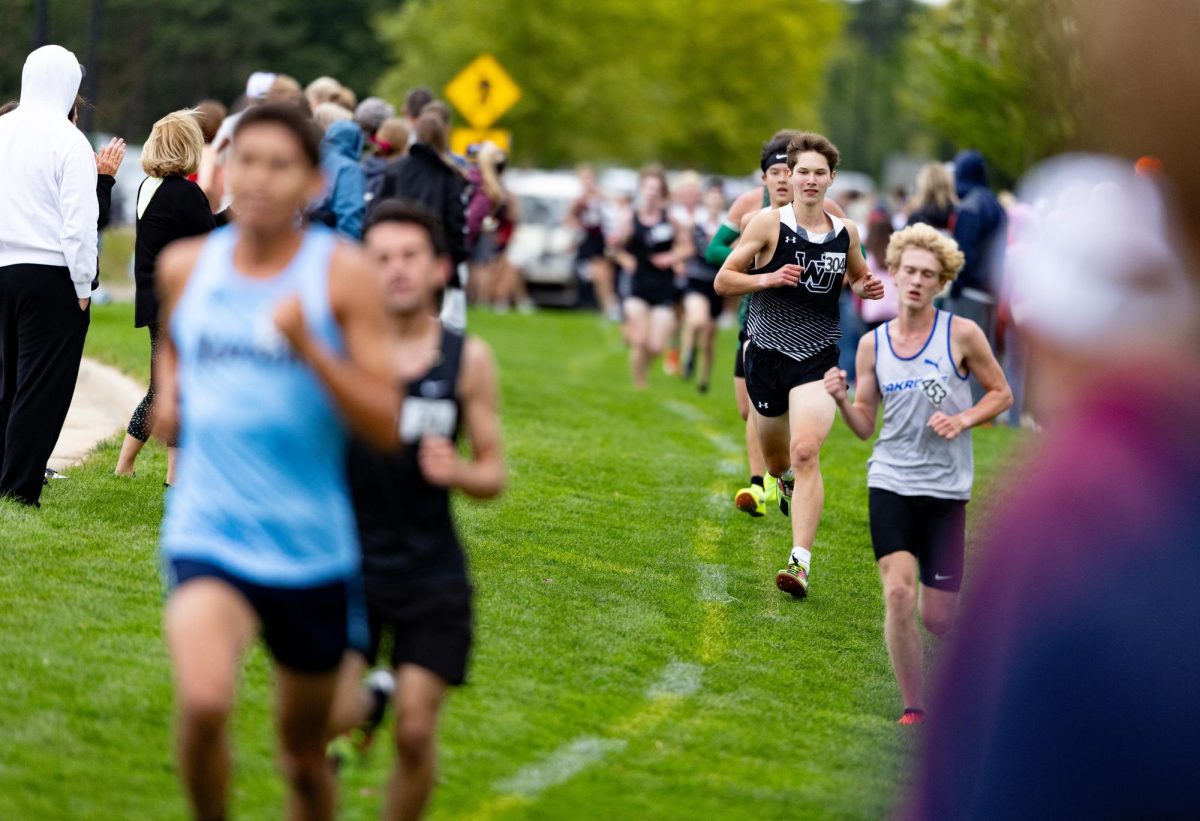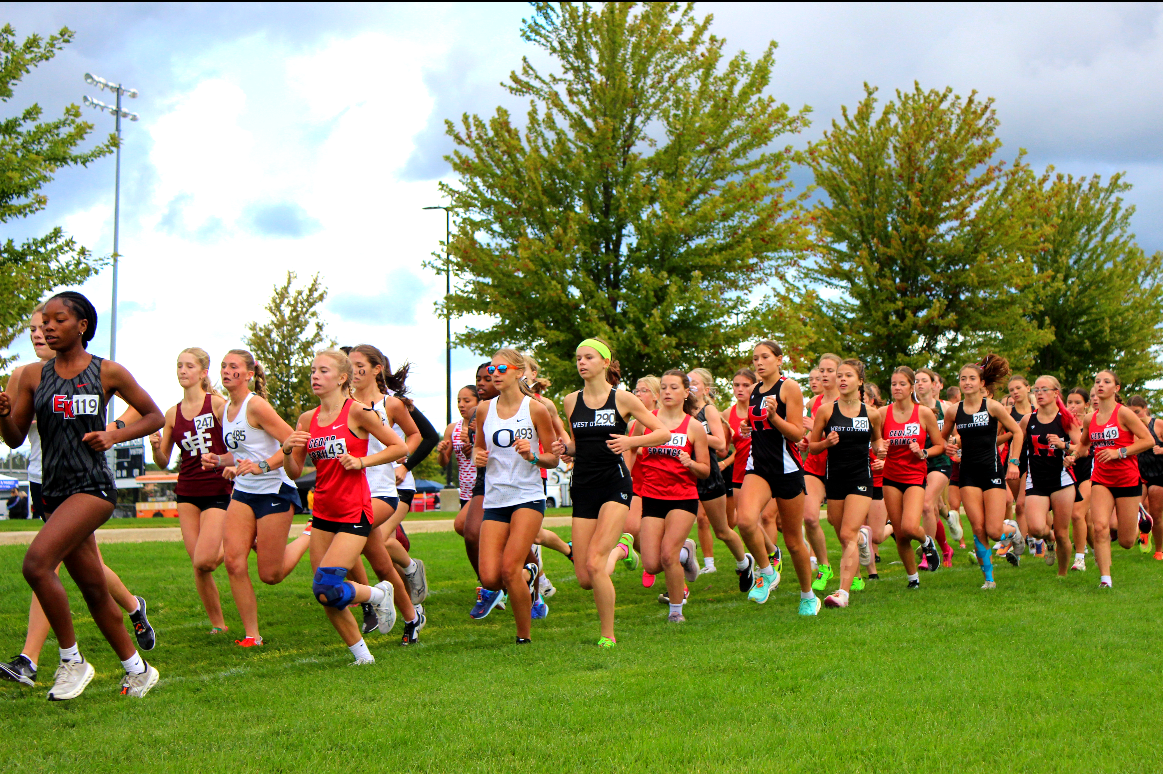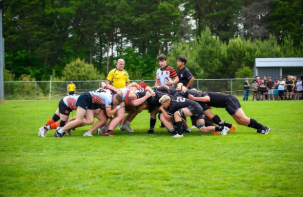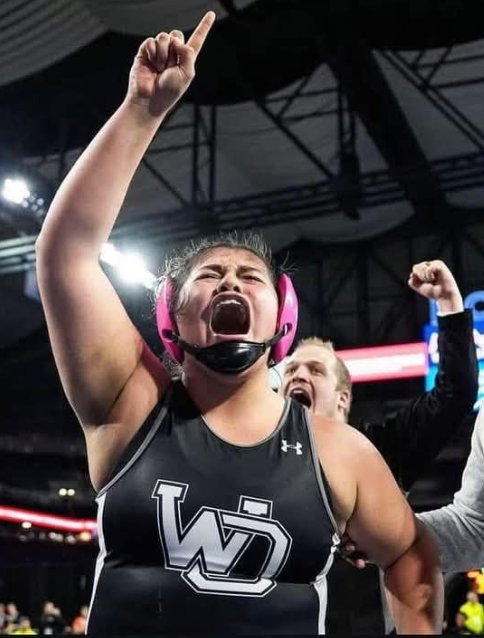It’s 4th down with two yards to go, 30 seconds left in the game. You’re the star linebacker of City Bay High School, and your team is up one. If you make the stop on the play, you win. If you don’t, the other team can score. Your coach calls a timeout to reorganize before the crucial play.
Expecting expert instructions, you hustle to the sideline. “We need to work hard on this play. We need to have energy and remember, defense wins championships.” The excitement is palpable but what does he mean? You and your teammates feel the desire to win but don‘t understand how. The bland and cliched message that the coach is reciting isn’t much help. Where’s the clear direction, the specific instructions, the players to look out for?
You run back onto the field, uncertain on how to execute the play. Without detailed instructions, your defense is unorganized and gives up the 4th down. The other team kicks a field goal.
The game is over. You lose. All because your coach couldn’t muster precise instructions to his team in a desperate time. Cliched coaching is often the difference between winning or losing.
One overused cliche coaches use is, “They wanted it more.” This is a carefully phrased excuse to put the blame on the players’ attitudes instead of the coach’s own decisions throughout the game. No team walks out on field thinking they want to lose. Everyone wants to win, that‘s why they play.
Besides, wanting something doesn’t mean you will get it. If I played basketball against Shaquille O’Neal, and we went up for a rebound, even if I wanted the rebound with all my heart, I still wouldn’t beat him, because, well, he’s Shaquille O’Neal. He’s played the sport professionally and has practiced under skilled coaches for years, and not to mention he is head and shoulders taller than me. In most sports, the winning team had better coaches and players. The team that plays better wins; there is little correlation with wanting it more. Using the excuse, “The other team just wanted it more” is a coach’s way of saying, “I don’t know what to say, so I’ll blame the players.”
Halftime talks and timeouts should give coaches time to motivate their players and give specific tactical instructions. But when coaches use pointless cliches, like “We need to work harder,” “Take it one play at a time,” and “Leave it all on the field,” they accomplish nothing. So as teams head back out, their actual strategy hasn’t changed at all, leading to the same caliber performance as before the pep-talk.
Jr. Tanner Wiegerink has experienced cliched coaching in basketball. “I’ve had a coach that has told me to work harder. But what does that mean? Am I supposed to play differently? It doesn’t help me. It’s bad coaching,” Wiegerink said. Without specific instructions, Wiegerink wasn’t able to improve quickly. His coach left him to figure out what needed fixing on his own rather than helping. Cliches mean nothing to an already hard-working athlete.
The coach who relies on cliches struggles to provide anything more. Sr. Derek McNitt has also experienced bad, cliched coaching. As a youth soccer player, McNitt remembers a coach that never took the time to respond thoughtfully. “When I would talk to him about something I thought was important or that should be changed, he would just keep agreeing with me. The second I would finish talking he would walk away, and it was like everything I had just said to him would make no difference. It was in one ear and out the other.”
Coaching cliches like “work hard” are ineffective, while specific and personal instructions keep athletes focused on improvement. Jr. Zach Goodwin pleasantly remembers some of his coaches’ advice. “My swim coach has told me to kick more consistently through my race, which has helped me improve my time,” Goodwin said. With insightful instructions, Goodwin was able to hone in on what specifically was slowing him down. Goodwin still uses this advice while ignoring cliches like “swim faster.”
The most likely explanation for cliched coaching is lack of experience on the coach’s part. If every high school sport had an experienced coach who could analyze the sport to perfection, cliched coaching would not be a problem. The coach would be able to give personalized advice to every player on the team.
“Work hard” is just the tip of the iceberg when it comes to coaching cliches. Coaches use “Give 110%,” “Leave it all on the court,” “Play a full 90 minutes,” “Want it more,” and countless other ambiguous sayings to try instilling some spirit in their teams. These generalizations are easily replaced with specific instructions that motivate and clearly direct players. In football, “Give 110%” can be replaced with “Keep moving those legs when you get tackled to pick up extra yards.” In soccer, “Play a full 90 minutes” can be replaced with “Sit back and give the other team space when we don’t have the ball; we’ll save our energy so we can hit them on the counter for the whole game.” For basketball, “Leave it on the court” can be balanced with “Stay with that point guard for as long as you can; if you’re tired, I can sub you.”
With a little more effort from the coach and an open-minded player, cliche coaching can be eliminated.

